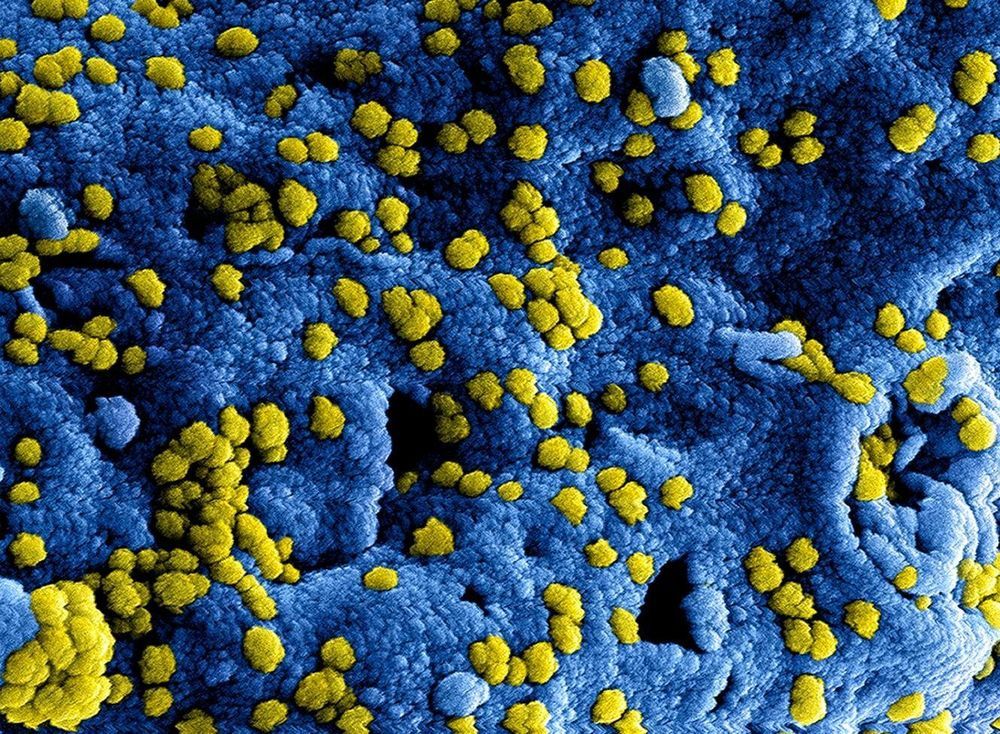Mar 4, 2020
MERS Coronavirus Disease Blocked by Remdesivir in Monkeys
Posted by Omuterema Akhahenda in category: biotech/medical
Researchers at the National Institute of Allergy and Infectious Diseases (NIAID) report new data that support the hypothesis that remdesivir, a drug with broad antiviral activity, may be a promising treatment against Middle East respiratory syndrome coronavirus (MERS-CoV).
In the team’s experiments, remdesivir reduced the severity of disease, virus replication, and damage to the lungs when administered to infected monkeys. The authors suggest that it be considered for implementation in clinical trials and that it may also have utility for other, related coronaviruses, such as SARS-CoV-2 (previously known as 2019-nCoV).
The experimental antiviral remdesivir successfully prevented disease in rhesus macaques infected with MERS-CoV. Remdesivir prevented disease when administered before infection and improved the condition of macaques when given after the animals already were infected.

















